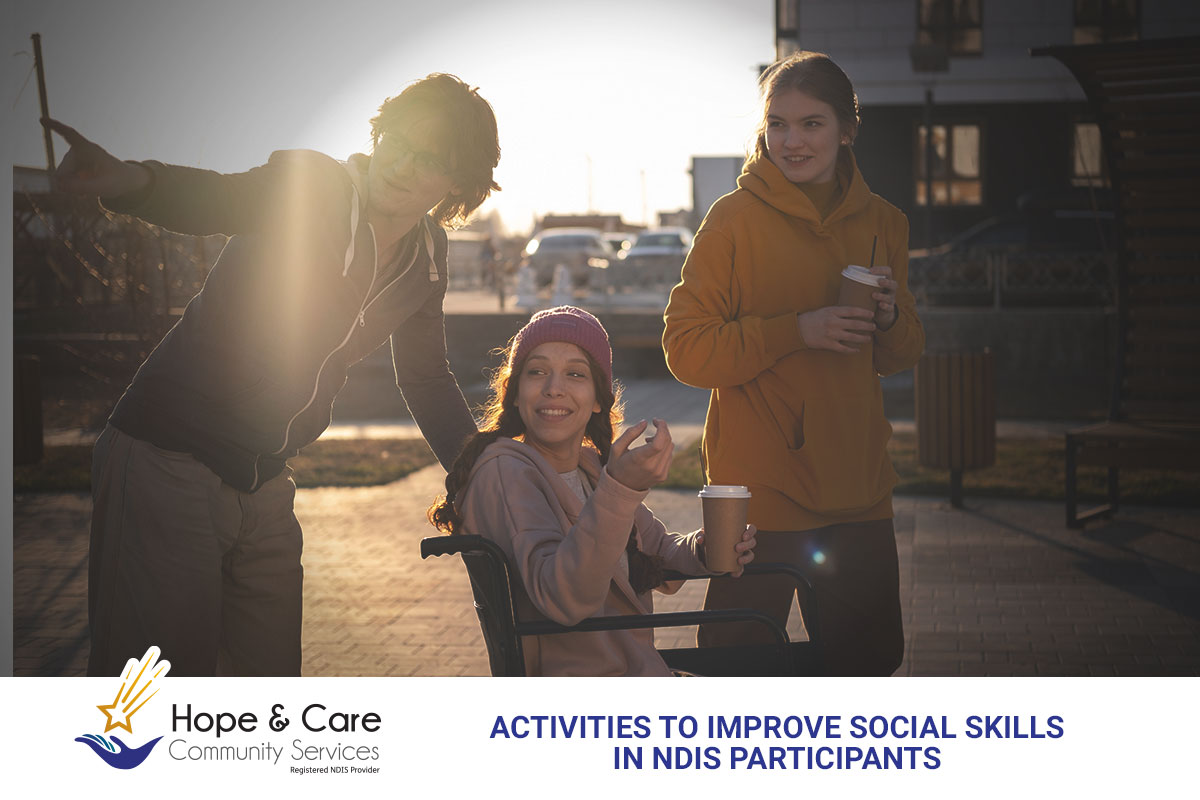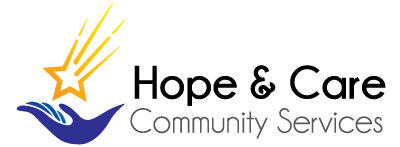
Developing strong social skills is essential for building relationships, engaging in community activities and improving overall well-being. For participants in the National Disability Insurance Scheme (NDIS), improving social skills fosters independence, boosts confidence and encourages meaningful interactions.
This article explores effective activities to enhance social skills in NDIS participants, including group workshops, sports, community engagement programs and personalised support. Whether you are an NDIS participant, a caregiver, or a support worker, these insights will help you find the best ways to improve social confidence and communication skills.
Why Social Skills Matter for NDIS Participants
Strong social skills allow individuals to:
- Communicate effectively – Express thoughts and emotions clearly through speech, facial expressions, gestures and body language.
- Listen actively – Pay attention, respond appropriately and engage in meaningful conversations.
- Develop empathy – Recognise emotions in themselves and others, fostering stronger relationships.
- Understand social cues – Navigate different social situations by interpreting body language and verbal responses.
Many individuals with disabilities face challenges in these areas, which can lead to social isolation or difficulty forming relationships. However, structured NDIS-approved activities and targeted support help participants develop essential skills for everyday interactions.
Top Activities to Improve Social Skills in NDIS Participants
NDIS participants can benefit from a variety of structured social skill development activities designed to improve communication, teamwork and confidence. These activities create opportunities to practise real-life interactions in a supportive and engaging environment.
Group Workshops and Creative Classes
Group activities allow participants to develop social skills in a fun and structured setting. These workshops encourage self-expression, teamwork and communication, which are crucial for social interaction.
- Art and Craft Sessions – Encourages creativity and collaboration, helping individuals share ideas and appreciate different perspectives.
- Music and Drama Classes – Builds confidence, improves verbal and non-verbal communication and helps participants practise role-playing different social situations.
- Cooking Classes – Teaches life skills while fostering teamwork, cooperation and social interaction in a relaxed environment.
These NDIS-friendly group activities help participants expand their social networks while improving communication skills.
Sports and Physical Activities
Engaging in sports and fitness activities provides a natural way to develop social skills while improving overall health. Many NDIS participants benefit from structured team-based activities that encourage communication and teamwork.
- Team Sports (Soccer, Basketball, Netball, etc.) – Teaches cooperation, turn-taking and social interaction in a dynamic and energetic setting.
- Dance Classes – Enhances non-verbal communication skills while encouraging interaction with others in a fun and engaging way.
- Yoga and Mindfulness Sessions – Helps participants develop emotional awareness and stress management techniques, making social interactions more comfortable.
By participating in sports, individuals learn to work as a team, handle both success and failure and build confidence in social situations.
Community Engagement Programs
Real-world experiences help participants apply social skills in everyday situations. NDIS community participation programs provide valuable opportunities to interact with others and feel more connected.
- Volunteering Opportunities – Encourages social responsibility and teamwork while helping participants feel a sense of purpose.
- Cultural Excursions – Introduces participants to different social environments, helping them gain confidence in navigating public spaces.
- Social Clubs and Hobby Groups – Offers structured but relaxed environments where participants can practise conversational skills and build friendships.
By engaging in local community programs, NDIS participants can improve their confidence, independence and ability to interact in social settings.
Personalised Support for Social Skill Development
Since every NDIS participant has unique challenges and strengths, personalised social skill development plans help individuals improve at their own pace. Some effective strategies include:
- One-on-One Coaching – Helps participants improve specific social skills like eye contact, starting conversations and responding appropriately in different situations.
- Behavioural Therapy – Supports individuals in managing social anxiety, emotional regulation and interpersonal interactions.
- Peer Mentoring Programs – Connects individuals with peers who have similar experiences, providing guidance and social confidence.
By combining group activities with tailored support, individuals can build essential social skills and gain confidence in different social settings.
Leveraging NDIS Support for Social Skill Development
The NDIS provides funding and resources to help participants improve their social and community participation skills. To maximise this support, individuals can:
Set Clear Social Goals – Define objectives such as improving conversation skills, joining a community group, or participating in social activities.
Work with NDIS Support Coordinators – Find the best programs and resources that align with specific needs and goals.
Use NDIS Funding for Social Skill Development – Allocate funding toward workshops, therapy and community engagement programs designed to enhance social skills.
By actively utilising NDIS support, individuals can access high-quality, structured programs that help them navigate social interactions with greater confidence.
Conclusion
Developing strong social skills is crucial for NDIS participants to build relationships, communicate effectively and integrate into their communities. A combination of creative workshops, sports activities, community programs and personalised support provides valuable opportunities to practise social interactions in real-life settings.
Hope & Care Community Services (HCCS) recognises the importance of social skill development and offers a range of tailored programs to support NDIS participants. Through structured activities, individuals gain confidence, practise essential communication skills and build meaningful social connections. By using available support and engaging in structured programs, NDIS participants take significant steps toward greater independence, social inclusion and a more fulfilling life. With the right guidance and opportunities, social skill development becomes an achievable and rewarding journey.
Want to learn more? Read other articles :
- Redefine Independence your own way – with HCCS
- Who’s Who: The Key Terms of Your NDIS Plan
- Foundational Supports: Building Blocks of NDIS Success
HCCS is a registered NDIS provider. Learn more about our services.
♥ We are available in Brisbane! – Our team is just a call away!
